A Lesson in Vision
Review of Anything but Human by Daryl Lim Wei Jie (Singapore: Landmark Books, 2021)
By Lydia Wei
Liu Jianhua Studio - Drifting Landscape, 2017, Bluish-white porcelain artworks, antique-style porcelain shards from Jingdezhen and Japanese Suzu Ware, 6200x220x120cm (Exhibited at Mitsukejima, Suzu City, Ishikawa Prefecture, Japan)
Image description: A coastline with a single large mountainous rock in the distance in the middle of the sea. Pieces of various broken porcelain items are scattered along the shore, creating a line of separation between the sand and the grass.
During the 1960s, S. Rajaratnam, the first Culture and Foreign Minister of Singapore and the originator of the term “Singaporean Singapore,” pronounced that to maintain Singaporean culture meant “forgetting all that stands in the way of one's Singaporean commitment.” At the time of Singapore’s conception, building a common culture for the nation seemed necessary. But as this work progressed, the nation began to forget more and more: to forget its history, to forget its lands, to forget its languages, its people, its crimes, its dreams — to forget until a large swath of truth and history was lost.
It is against this “total blankness of mind” that Anything But Human by Singaporean poet Daryl Lim Wei Jie operates. In an essay for the Quarterly Literary Review Singapore, Lim named Singapore’s most heinous “original sin” as its intense proclivity to forget — and early in his collection, in the poem “Fly Forgotten, as a Dream (II),” Lim already references this original sin: “They taste deeply of the amnesia we’ve grown to love and cherish.” Tingling on the tongue, the line shoulders both the burdens of Singapore’s history and its potential for progress: how can we break out of this collective amnesia? When will we realize that the act of forgetting is unacceptable?
For a poet, images — lush and shocking, delivered directly or in metaphors, through rhythm and rhyme — are the foundational tools with which worlds are made. And when an entire nation is taught to forget any history that conflicts with its “Singaporean commitment,” the only way it can attempt to understand itself is through the images and stories told by sanitized, sterilized mass media.
In Anything But Human, the images are cynical and distant. During what should be a picturesque picnic in “Fly Forgotten, as a Dream (VII),” all that appears are the excesses of our consumerism:
Plastic bottles strewn about us reflect your healthy nuclear glow. … In the background, sirens herald the arrival of a new age of deliciousness. You tell me to take out my microwaveable meal and start the picnic.
Gone are the pastoral spaces, the bucolic wonders. Instead, nature is taken over by materialistic impulses — the dream of the picnic punctured and the plastic residue melting down the page. All the same, there is a detached quality to this scene: as the sirens blare in the background, we can imagine two figures, still picture-perfect with that “healthy nuclear glow,” sprawled out on the blanket, still carrying on with the glossy image of the picnic. Is this resigned acceptance of the “new age of deliciousness” ironic or despairing? Though Lim critiques industrialism, the two figures of his poem fall in line with the macabre humor of the situation in which they find themselves, unable to move outside of it.
Liu Jianhua Studio - Discard, 2001-2011, Porcelain, Variable dimensions (Exhibited at The Sixth Echigo-Tsumari Art Triennaie 2015, Niigata-ken, Japan)
Image description: White porcelain versions of discarded rubbish are strewn around to create a square-shaped, grassy clearing in the middle. Some of the larger porcelain items, such as tyres and television sets, have cracks in them or are broken. The trees in the background suggest a forest setting.
Lim continues his critique of consumerism and excess in “Narrative (II),” writing, “if you look closely the bushes / are growing plastic packaging.” Nature itself is barely present in this “natural” world; we see only the pervasiveness of capital inhabiting the body of what was once natural. But is it possible for us to see something beyond this? Could there be another catalog of images?
The problem, of course, is that this specific set of images is one that has long been packaged and sold to us. It’s what we’ve been inundated with in advertisements, on billboards, in catalogues, on screens. Even when we peer into nature, we can’t see beyond the commercial image: our imaginations are restricted to that finite set of consumer lifestyles.
Lim captures this shrinkage poignantly in “Parkway”: “There are acres of sleep we have not yet lost / and visions of paradise still not in the catalogue.” Here, Lim bemoans the catalogue paradise of “[n]oodles from Sarawak, a newly discovered scent / from Azerbaijan, a tribal mask from London” created using factory labor, or the “acres of sleep” yet to be lost. What is horrifying, too, is the notion that all imagination is lost: without the sheen of the look, other “visions” of paradise can’t even be seen. Both workers and consumers are lost to the images. And in “Narrative (IV),” the poet writes that upon “waking up, my lips mouth / designer brands.” We know no respite from the onslaught of consumer culture, not even in dreams; our imagination is haunted by those perfectly curated vision-boards, pored over by marketing and exec teams in offices that reach the skies.
The consequences of consumerism’s cultural stranglehold come to a head in “Monster,” where Lim’s surrealist brush paints a nightmarish portrait of mental degradation. Children — long viewed as guardians of imagination and symbols of the future — find themselves unable to distinguish between dreams and capital:
The children, with lightbulbs for teeth, mistake
their dreams for money
Boiling garbage, they dream of foods
made from refined flour and white sugar
“Foods / made from refined flour and white sugar” are mistaken for nutrition. But not only are images specifically processed, packaged, and publicized for us: they are just as easily wiped away from our eyes. In “Progress Updates,” Lim reveals the Internet’s violent, constant erasure of what we can see, learn, and do. Though we often think of the Internet as an open space where all knowledge can be shared and procured, Lim refutes such a belief:
Wifi interferes
with the flow of lyric
and scallops me
into a factor of production
…
Like the nation-state I am wiped clean
of atrocities
Histories disappear. The nation-state, now liberated from foreign rule and seemingly “wiped clean of atrocities,” forgets that its leaders were often complicit in colonialism. Those who would always have been in power remain in power. Meanwhile, the Internet stretches onward, infinite. The best we can hope for is that atrocities will live on in footnotes, but even that seems unlikely. The darkness at the edge of our field of vision draws nearer.
As our imaginations close tighter and tighter around a nucleus of consumerism and erasure, we realize, too, that our ability to pay attention — to view reality with an incisive eye — is not only blunted by these banalities of urban life, but actively forbidden. In “The vital impulse is this,” Lim writes, “The smell of rain on a wet road is classified.”
Liu Jianhua Studio - Trace, 2011, Porcelain, Variable dimensions; Discard, 2001-2011, porcelain, variable dimensions (Exhibited at 2020, 108 Origin—ZIWU×Liu Jianhua, Shanghai, China)
Image description: A large, white room with white-porcelain versions of discarded rubbish covering the floor of the room. Large, black, oil droplets made from porcelain drip downwards on the wall towards the white-porcelain artefacts.
If the act of truly perceiving and experiencing life is prohibited, it should become all the more important. To cut through and see the grisly heart of life, to look past the glazed, glossy images, enables the poet to counter the collective amnesia of Singapore, that cultural blank slate, and to begin recording the histories of the nation as he knows them. Lim’s collection itself, though, is less focused on the actual recording of histories, but more on beginnings: the first acknowledgement of the need for a new way of seeing. In “Catechism,” the poet begins to recognize the necessity of vision with interiority. “I am an eye without an I,” Lim writes. To be an eye that passively takes in marketed images — an eye without an I, without a self — isn’t enough; the eye needs the discerning mind of the I to find the truth about the lying world.
And the poet shines when the eye and the I successfully come together: the subtle, surreal images in this book are the strength of Anything But Human. They insistently remind us to question the narratives given to us and to examine everything with the fullness of our beings. In “The Natural Order of Things,” the poet refuses, amidst a mélange of grotesque images — from “sickness rising / from the laundry basket” to “gums bleed[ing] the colour of the moon” — to be swept up in a deluge of sensory overload. Instead, the poem ends with an insistent note that re-centers feeling and calls for a type of introspection that allows one to “just be.” If sparrows flap out of “cytokine storm[s]” in the exterior world, then to even begin to seek understanding of one’s interior world truly requires one to “just be careful”:
Things sometimes feel good, and sometimes
not. Be careful, just be careful, will you, just be.
Similarly, in “Narrative (I),” sensations are grounded in the poet’s body, centering the I within both the eye and the world at large. Some sensations seize the body “like a forest fire,” and the natural world triggers the physical release of emotion:
other days the slightest beauty
razes through me like a forest fire
today nothing but the sound of rain
smothering my weeping
In both “The Natural Order of Things” and “Narrative (I)”, the poet seems to wish to be left alone. Instead of consuming the same catalogs of images, instead of being told what to forget or what to remember by mass media, the poet aims to understand the world through his own physical experiences. The poet aims to feel both the intensity of what “razes through” them and the calmness of what simply “feel[s] good”.
Observing reality through poetry is a form of remembering too: a way of recording images the way they were, not the way people will want them to be recorded; a way of preserving the truth, no matter how uncouth it is. In “New World Symphony,” Lim writes:
I remember the generations without access
to toilet paper
This is freedom from tyranny
This is a memory-palace for those
unborn
To see reality — and to see the beauty amidst reality’s ugliness, to believe in the possibility of “freedom” despite the suffering that came beforehand — also means to work towards a more powerful imagination. I often think back to a quote by the American artist and AIDS activist David Wojnarowicz, “We’re being angry and complaining because we have to, but where we want to go is back to beauty. If you let go of that, we don’t have anywhere to go.” Lim, much like Wojnarowicz, is pointing towards a full embodiment of envisioning — that powerful combination of sight and imagination — that confronts all of life’s harsh realities by mustering up the strength to imagine something more beautiful.
At any demand that you forget, at any demand that you consume only the images you’re sold, Anything But Human asks that you push back. These poems demand a constant questioning, a constant insistence to see what needs to be seen. As Lim argues, the salvation for Singapore’s original sin would be “more remembering and less forgetting” — a time to bear witness to and record more histories. In many ways, Anything But Human probes how a nation still young, with but 50 years of post-colonial history, may emerge from its collective amnesia and move forward. It reads like a lesson in vision. A portrait of sight.
Liu Jianhua Studio - Yiwu Survey, 2006, Mixed media, Variable dimensions (Exhibited at Hyper Design—The 6th Shanghai Biennale, Shanghai Art Museum, Shanghai, China, 2006)
Image description: To the right of the image, a large, red, shipping container is connected to the wall. Various miscellaneous items are flowing out of the container, flooding the floor. One of the back doors of the container is still attached while the other door can be seen at the bottom right corner, buried under all the random items.
Lydia Wei is a junior at Stanford University. Her poems appear or are forthcoming in The Adroit Journal, DIAGRAM, wildness, The Margins: Asian American Writers’ Workshop, harana poetry, and elsewhere. She lives in Gaithersburg, Maryland. She likes blackberries and cherries and very long walks.
*
Liu Jianhua was born in Ji’an, Jiangxi in 1962. In 1989, he graduated from Jingdezhen Ceramics Institute. Liu taught in the Department of Sculpture at Yunnan Academy of Arts from 1989 to 2004. Since 2004, he started teaching at Department of Sculpture in Shanghai Academy of Fine Arts, Shanghai University. The artist is currently based in Shanghai, China.
If you’ve enjoyed reading this article, please consider making a donation. Your donation goes towards paying our contributors and a modest stipend to our editors. Singapore Unbound is powered by volunteers, and we depend on individual supporters. To maintain our independence, we do not seek or accept direct funding from any government.





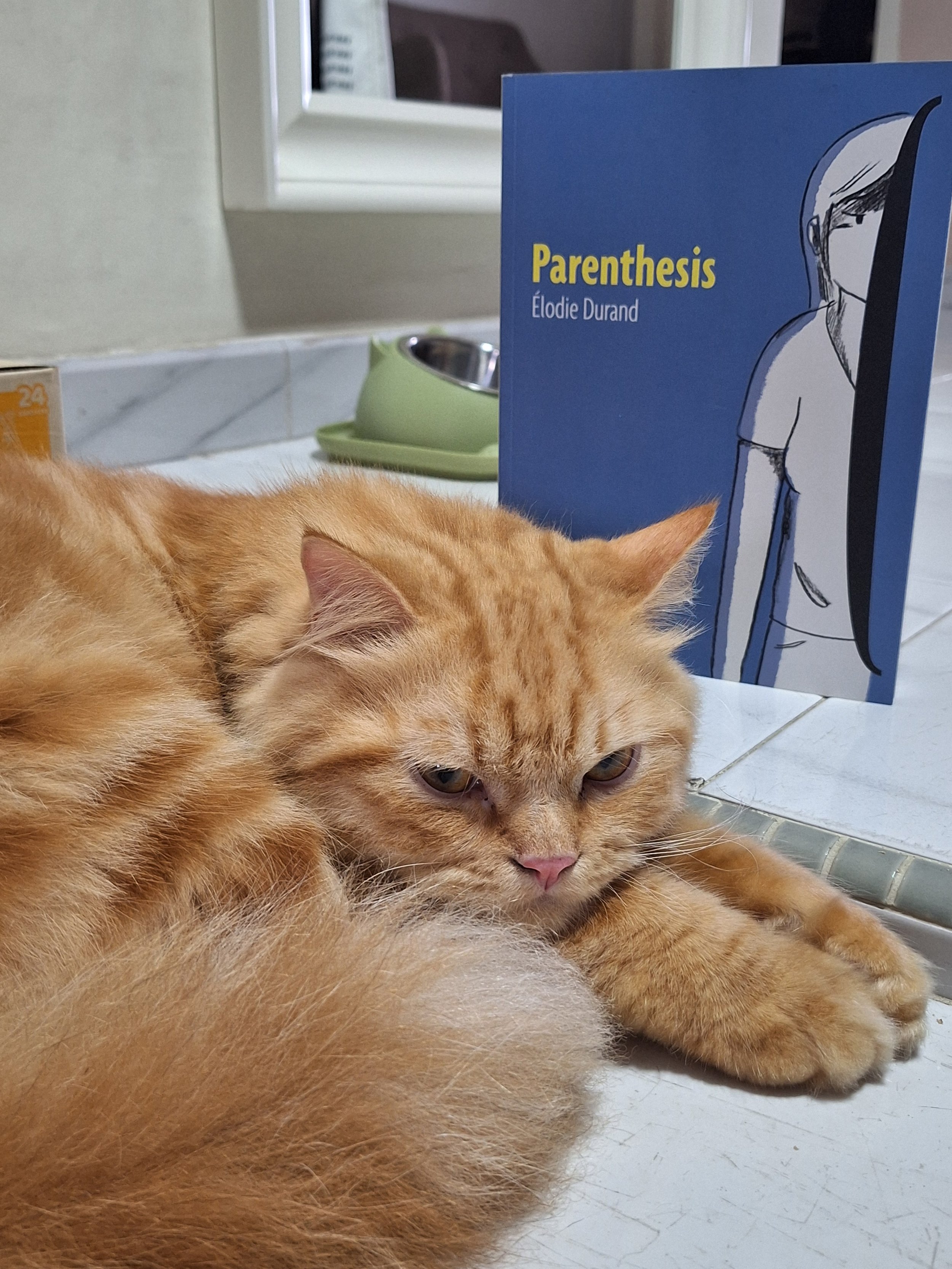
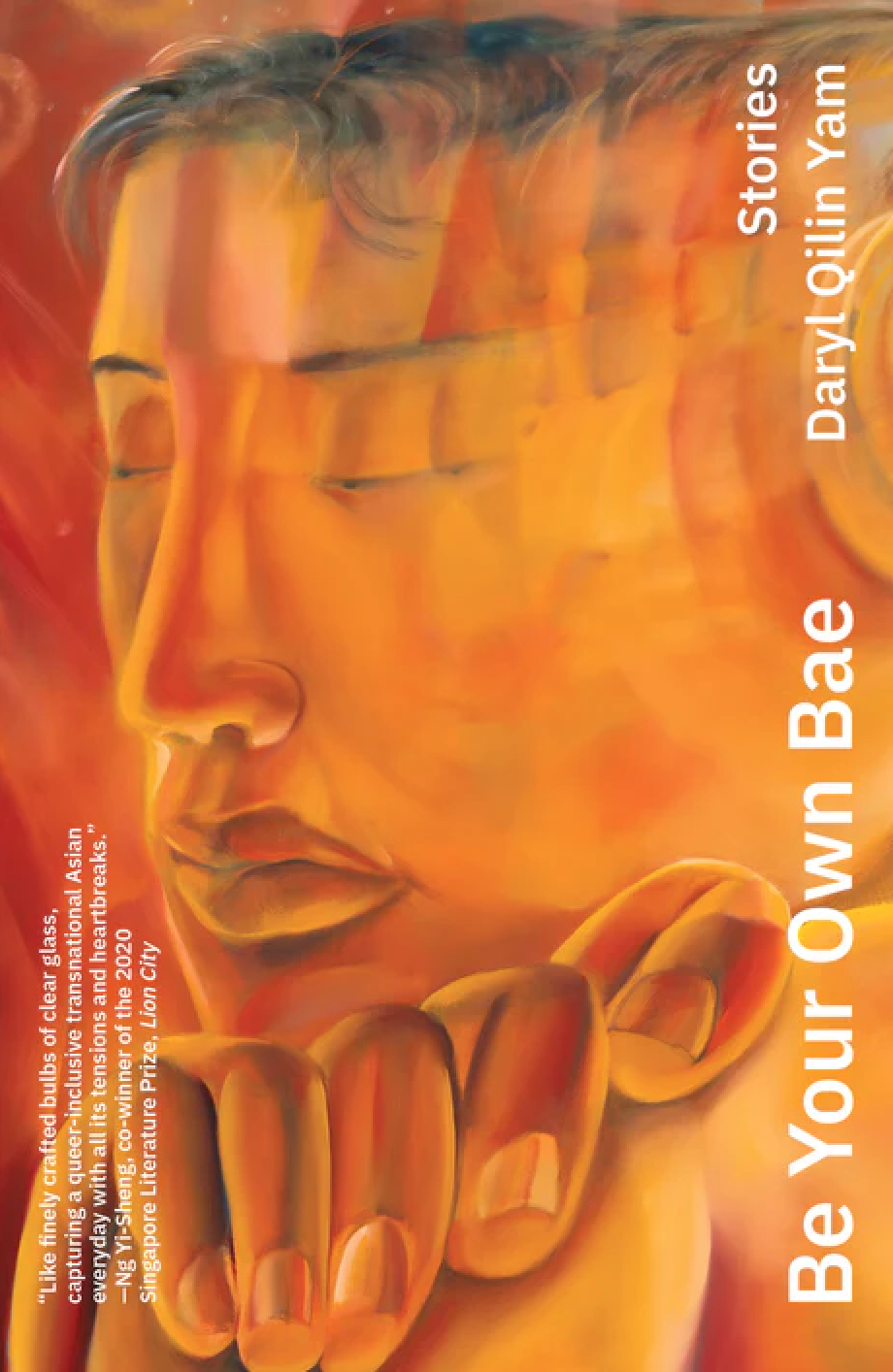
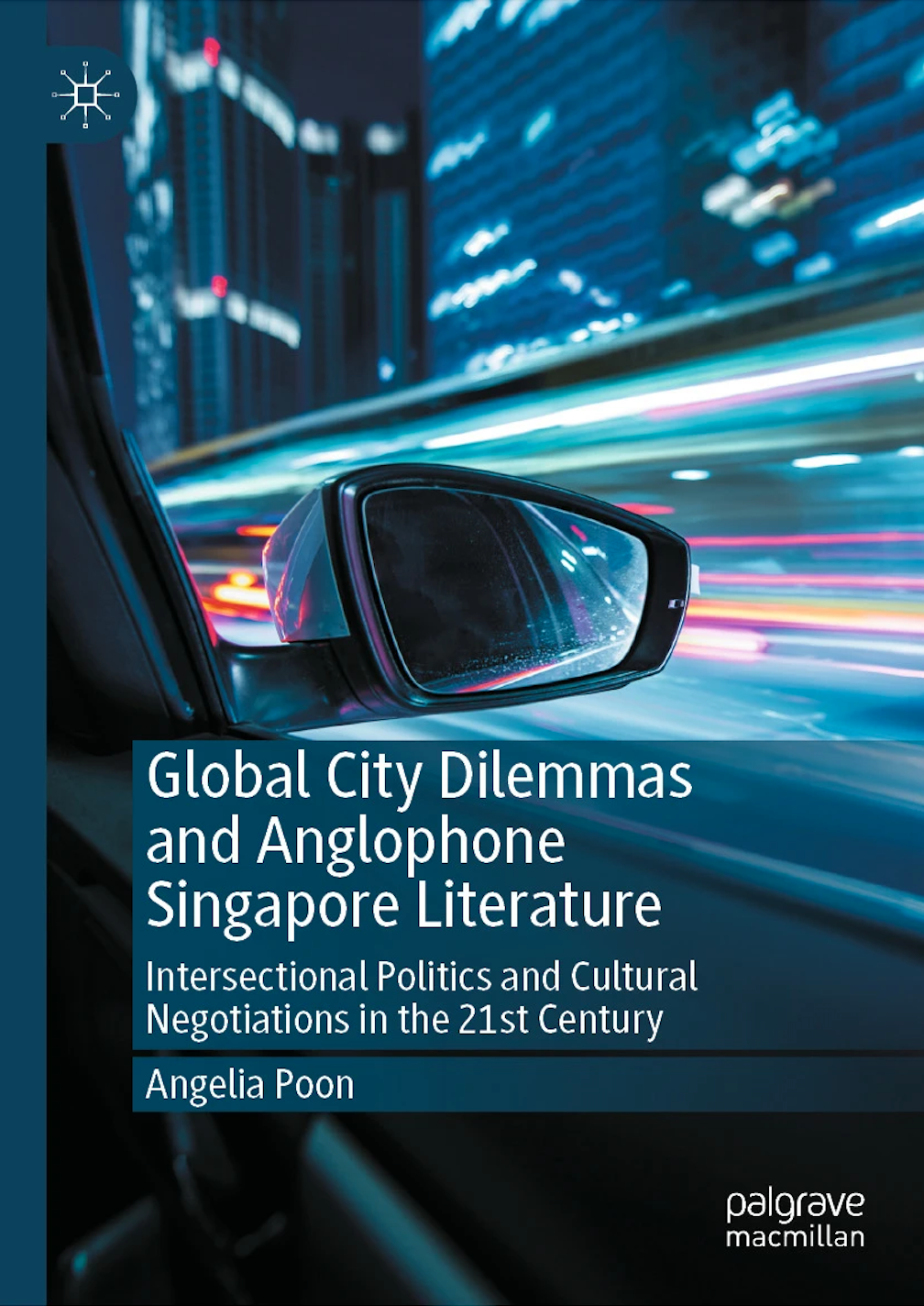
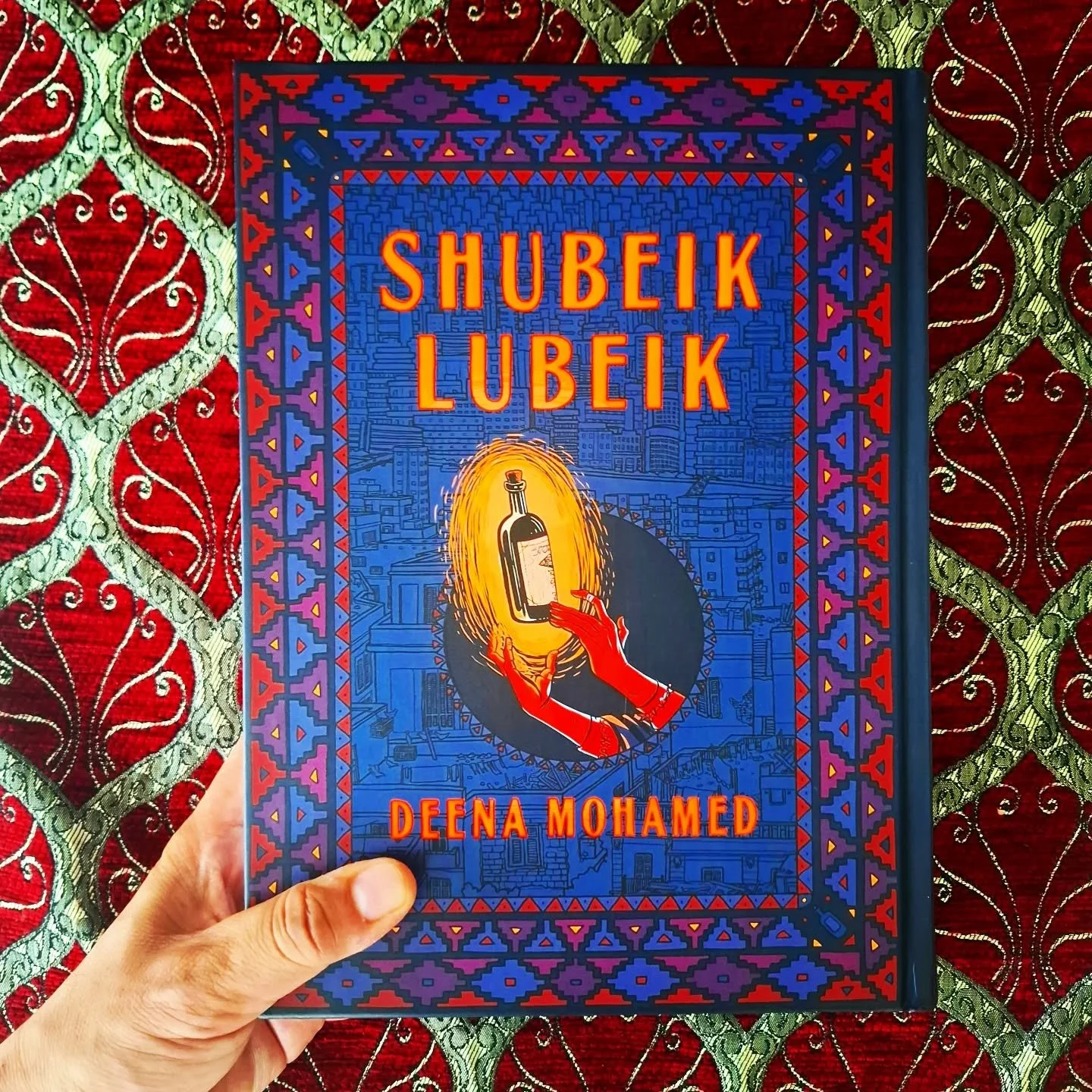



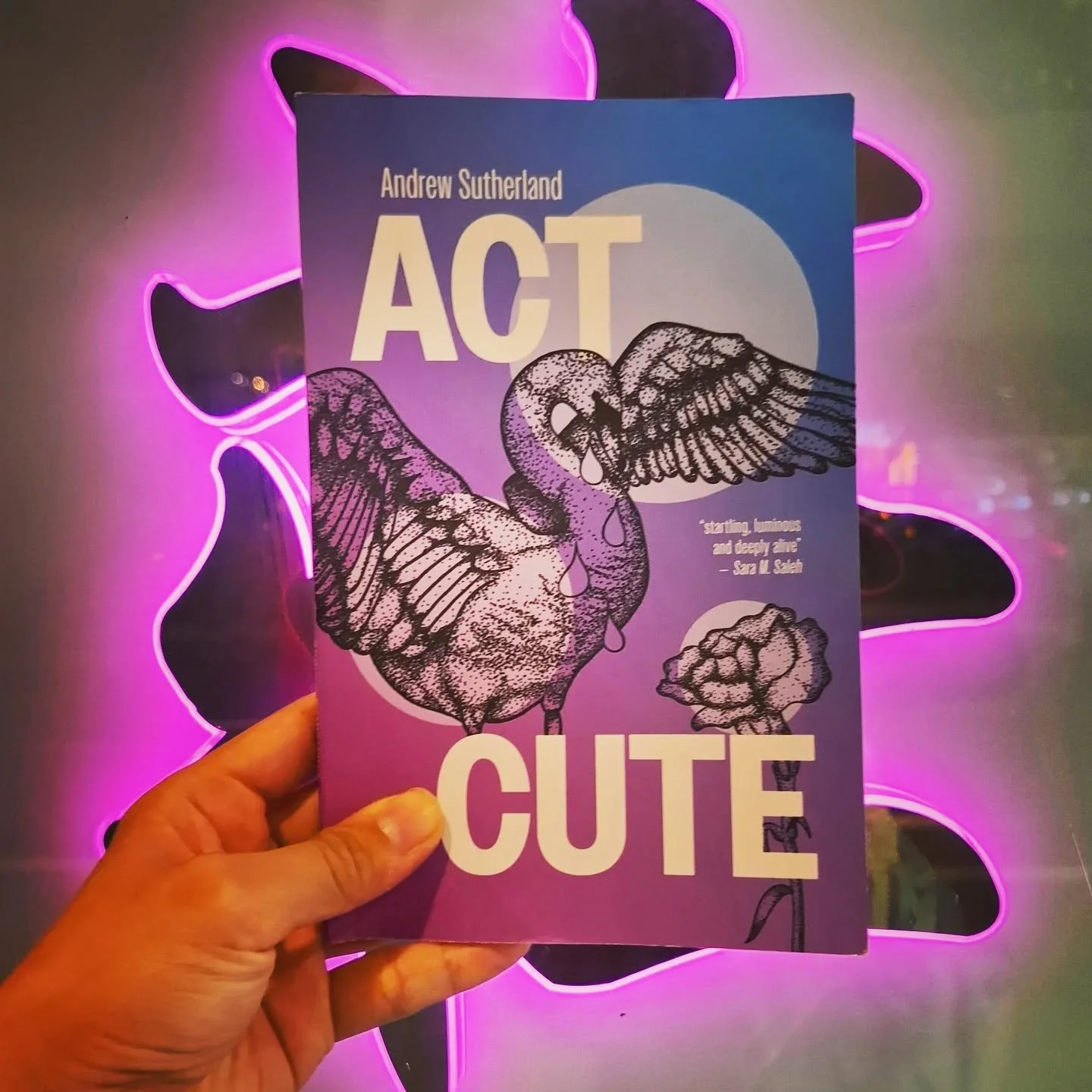
In Taiwan Travelogue, ‘twinned souls… are at once lost, but also found, in translation.’ A review by Eunice Lim.